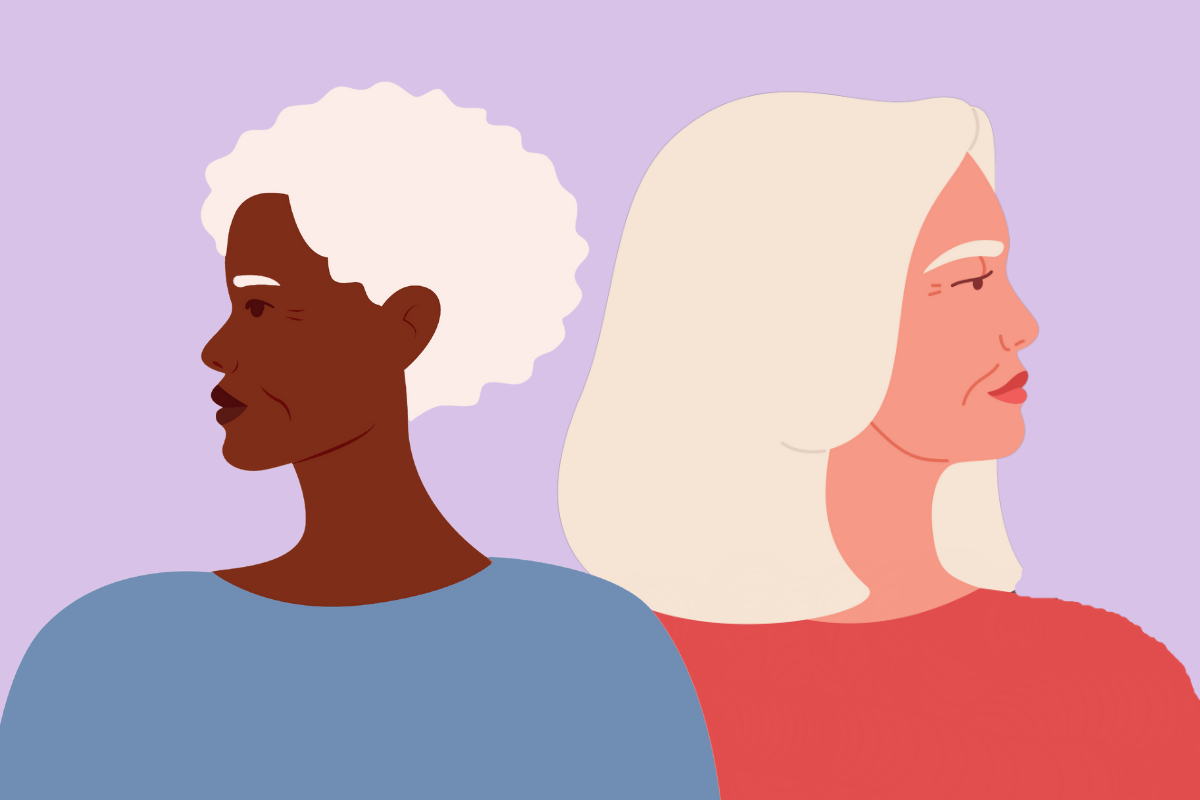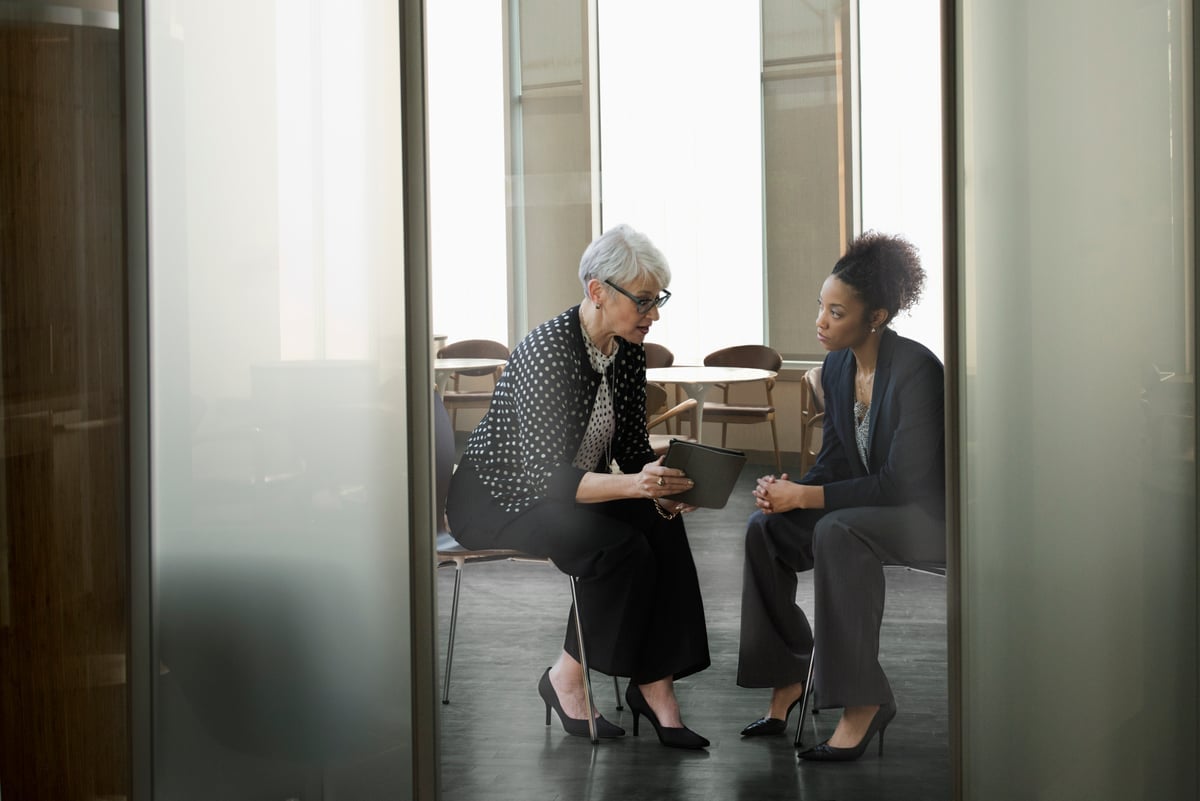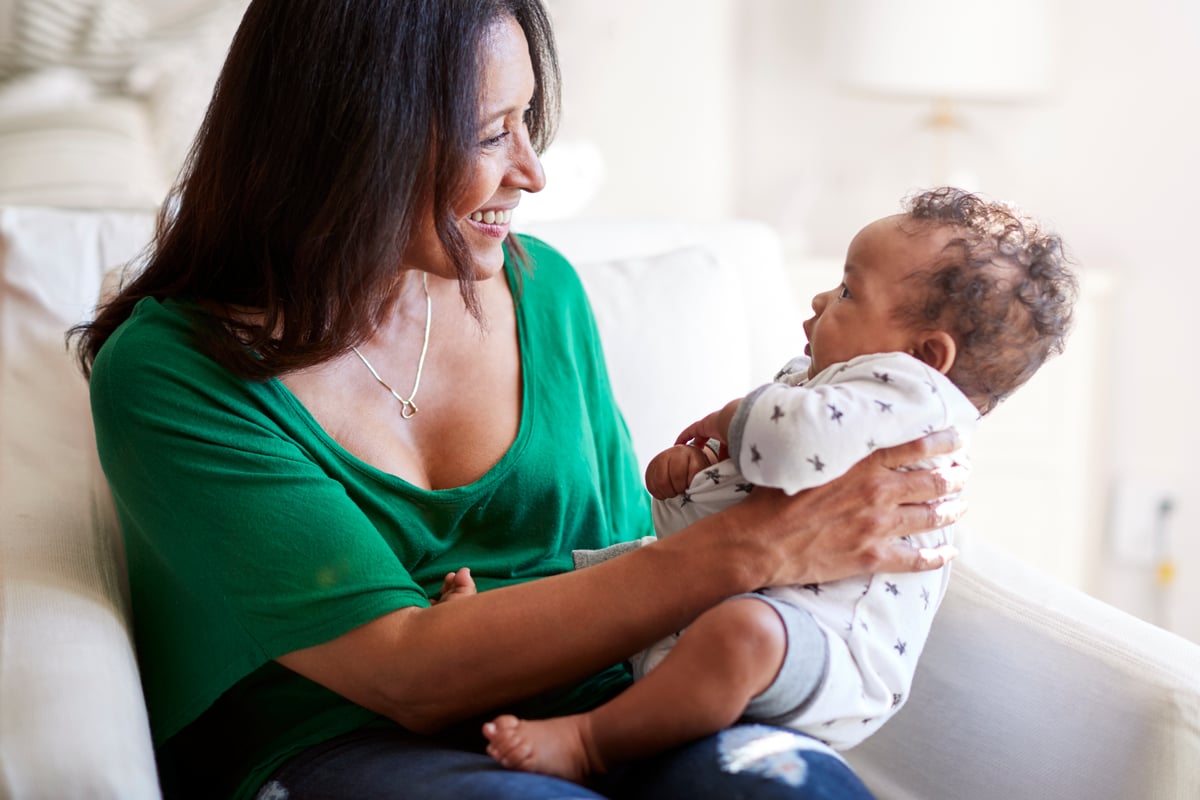
Whether it’s in the workplace, amongst the medical and healthcare sectors, during everyday life or even in motherhood, experiences of ageism is something many people face.
Ageism essentially refers to the act of stereotyping and discriminating solely due to one’s age. It also stems from negative attitudes and ideas on what it means to be older. Ageism continues to run rife in our day-to-day lives, says Dr Sue Ferguson, an Honorary Associate Lecturer in the Department of Psychology at Macquarie University in Sydney.
“Much research illustrates a clear and direct impact on the cognition of older adults, when these negative stereotypes are seen as facts in their mind,” Dr Sue tells Mamamia.
“Cultures where ageism is more prevalent often have a decreased life longevity as well. Not to mention the intersection between ageism and sexism can be a challenge for middle to older aged women especially.”
Watch: Paulina Porizkova on ageism. Post continues below.
As someone whose research is in geropsychology (the psychology of older adulthood), Dr Sue has seen firsthand the impact this sort of typecasting can have.
“One key consequence can be the internalisation of ageism. It’s when a person gets so used to society’s ageist attitudes and the assumptions against older people, they then take that on and apply it to themselves. And that can make you feel crap,” she says.


Top Comments